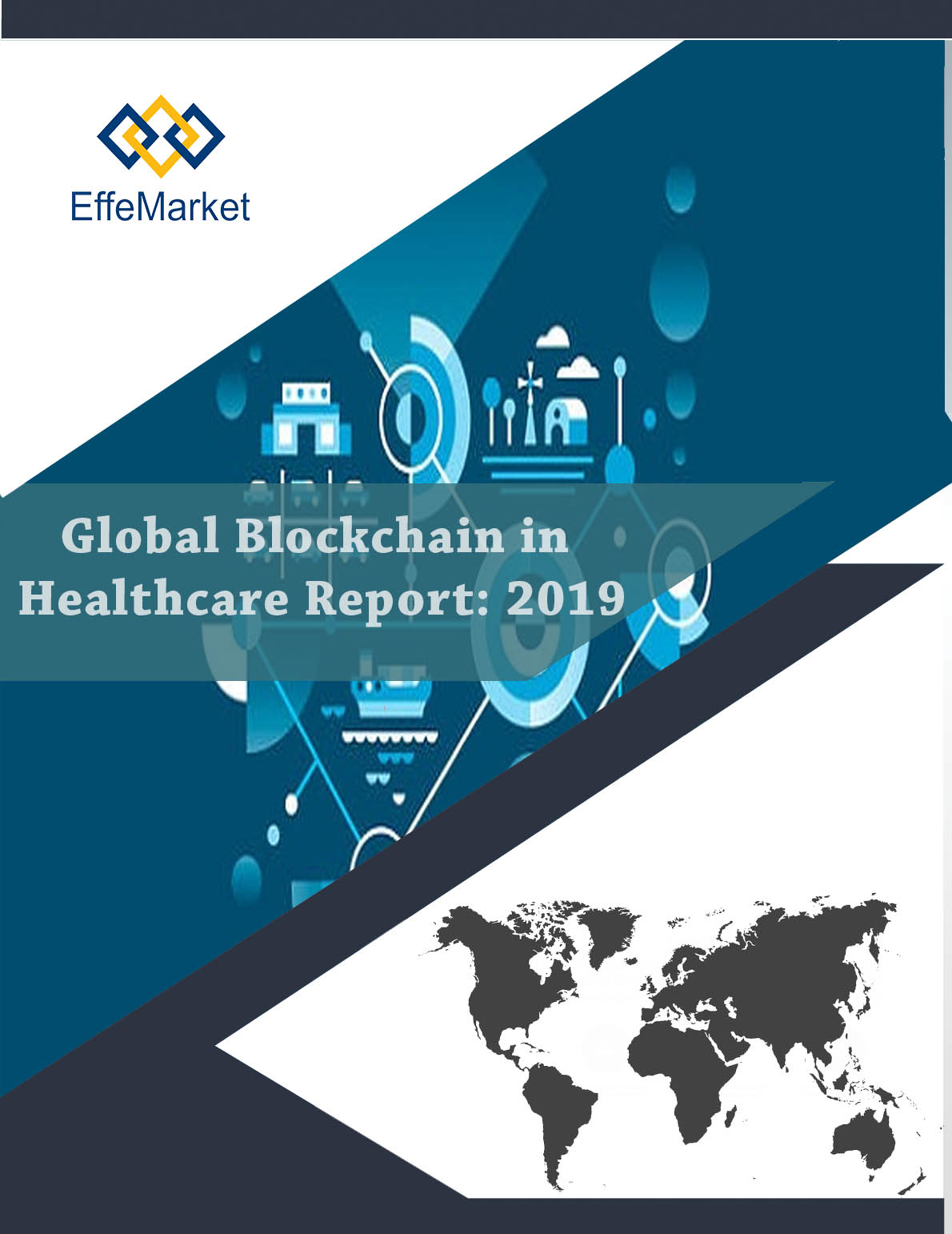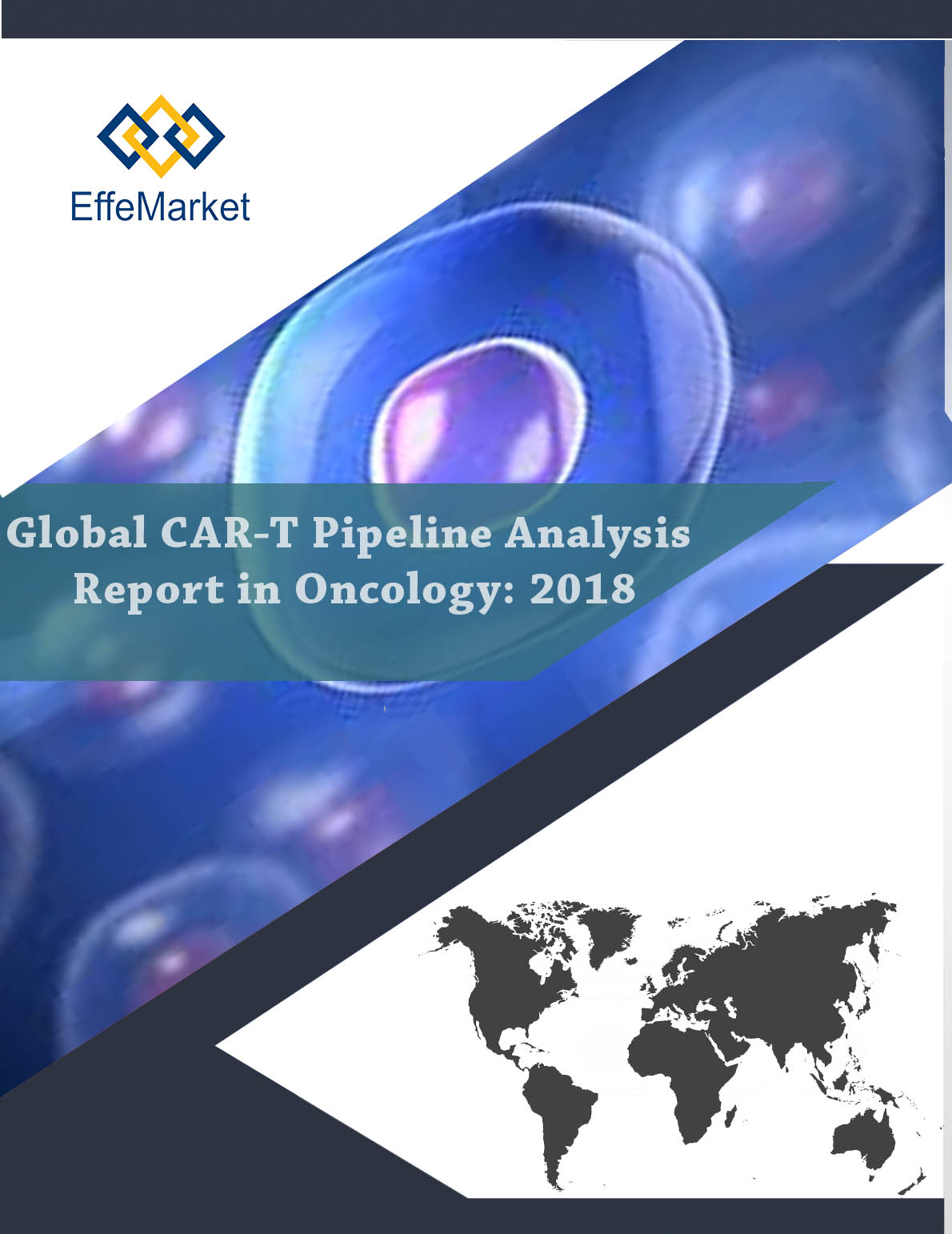Renal cell carcinoma (RCC), also known as kidney cancer or renal adenocarcinoma, is the most common type of kidney cancer in adults. It occurs at an average age of 64 years. RCC is a disease which develops in the lining of the kidney tubules and grows into a mass or tumor. It accounts for approximately 3 percent of adult malignancies and 90 to 95 percent of malignant neoplasm (cancer cells) involving the kidneys. RCC occurs when DNA within the renal cells becomes damaged and the cycle of cell life and death is no longer normal. It typically begins as one or more tumor masses in a single kidney, but at times it develops in both kidneys at the same time. Its signs and symptoms include weight loss, fever, hypertension, malaise, night sweats, and blood in the urine.
Kidney cancer is the twelfth most common cancer diagnosed in the world. The age-adjusted incidence has been rising by 3 percent per year. In general, men are twice as prone to RCC as women. According to the Globocan cancer statistics, in 2012 the incidence was 3,37,860. Of this number, 63 percent of cases were men and 37 percent of cases were women. It is forecasted that 598,512 new cases will emerge in 2028 with a compound annual growth rate (CAGR) of 3 percent. Annually, 143,000 deaths are caused by kidney cancers. The National Cancer Institute estimated that approximately 63,990 people would be diagnosed with RCC in the US in 2017. In the US alone, almost 14,000 deaths occur from RCC each year. In the EU in 2012, there were approximately 84,000 cases and 35,000 deaths due to RCC.
The market is driven by the increasing incidence rate, increasing healthcare expenditures, treatment advancements and prompt diagnoses. Drugs such as Opdivo (Nivolumab), Avelumab, Tivozanib etc. are expected to boost the market growth, while factors such as the high cost of treatment, generic competition, and clinical and regulatory barriers are expected to slow market growth. The opportunity for growth lies in developing new drugs such as:
- checkpoint inhibitors
- cell-based therapies (e.g., Gamma-delta T cell therapy)
- antibody-drug conjugates (e.g., Anti-Ectonucleotide pyrophosphatase/phosphodiesterase family member (ENPP3) MAb-cytotoxic drug conjugate and Anti T-cell immunoglobulin mucin-1 (TIM-1) MAb-cytotoxic drug conjugate)
- cancer vaccines
The global renal cell carcinoma market is expected to witness substantial growth during the forecast period. The market is expected to reach a value of USD 7.3 billion by 2028 from the estimated value of USD 3.8 billion in 2018, at a CAGR of 6.7 percent. This can be attributed to the great investments by market players in the research and development of RCC therapy. Another factor is the growing penetration of drugs during the forecast period, and the existence of a strong pipeline.
Key players in the market are Pfizer, Bayer, Novartis, Roche, Exelixis and Bristol-Myers Squibb (BMS), with Pfizer leading the space in the market. The two most common medical treatments used for advanced RCC are:
- immunotherapy (including drugs such as Proleukin and Nivolumab)
- targeted therapy (including angiogenesis inhibitors such as Fotivda, Avastin, Cabometyx, Lenvima, Inlyta, Sutent, Torisel, Nexavar, Votrient and Afinitor)
The top assignee is Novartis, with a filing of 220 patents, followed by Merck having 134 patents. Most of the patents assigned to Novartis during the year 2017 focus on novel compositions to be used for the treatment of RCC. The patents with maximum impact factor mostly focus on heterocyclic compounds and based pharmaceutical compositions to be used for the treatment of RCC. Among the top assignees provided by Market research Pfizer, Novartis, Roche and Bristol-Myers Squibb (BMS) appear as top assignees in IP search as well. The inventors with maximum number fillings are Xi Ning and Weinschenk Toni. Xi Ning has filed maximum number of patents with Calitor Sciences.
Sutent is currently the standard of care for first-line treatment, while Afinitor is the standard of care in the second-line of treatment. Currently, these are usually given as monotherapy. But now, clinical trials are in progress to see if combination therapy (with standard therapy, other approved drugs or new molecules) is better than monotherapy. More of the invested companies are exploring the possibility of combining the in-development molecules with standard therapies or immunotherapies. These companies are focused on developing treatment for the advanced/metastatic form of kidney cancer. Bristol-Myers Squibb, in collaboration with Ono Pharmaceutical, is leading in this space. Other leading companies in this area are Novartis, Roche, Eisai, Merck & Co. (as Merck Sharp & Dohme), AstraZeneca, Pfizer and Takeda. Very few companies like Bristol-Myers Squibb, Novartis, Eisai and Roche are investing on the rare variant, the non-clear cell RCC.
Key questions answered and insights delivered in the report:
- Epidemiological forecast of the major RCC markets.
- Global RCC market size by value from 2018 to 2028.
- Global RCC market size by product revenue in 2015 and 2016.
- Key product sales by region in 2015 and 2016.
- Competitive landscape of RCC global market in 2017.
- Comprehensive product analysis by company, originator, approval date, mechanism of action, pharma class, line of therapy, molecule type and therapy type.
- Pipeline analysis by phase, indication sub-type, molecule type and company.
- Detailed analysis of the key five promising drugs in clinical development which are Savolitinib, AGS-003, Atezolizumab, Tivozanib and Avelumab.
- Merger & acquisition and collaboration by the key players in the market.
- Growth drivers, future opportunities and challenges in the market.
- Earliest priority country filing trend in RCC market; 2007-2018.
- RCC patent trend by focus area, route of administration and composition; 2007-2018.
- RCC patent trend by key patent holder; 2007-2018.
- Key patents in RCC market; 2007-2018.
- Top inventors in RCC market; 2007-2018.
- Detailed company profiling of key market players.
Executive Summary
1. An Introduction: Disease Overview
I. Clinical Presentation of RCC
II. Etiology of Renal Cell Carcinoma
a. Smoking
b. Hypertension
c. Genetic Factors and Family History of Kidney Cancer
d. Obesity
III. Diagnosis of Renal Cell Carcinoma
IV. Staging of Renal Cell Carcinoma
V. Sub-Types of Renal Cell Carcinoma
a. Clear Cell (CRCC)
b. Papillary (PRCC)
c. Chromophobe (ChRCC)
d. MITF Translocation
e. Collecting Duct Carcinoma
f. Renal Medullary
g. Mucinous Tubular and Spindle Cell
VI. Treatment Guidelines of RCC
a. Treatment choices by stage of cancer based on National Comprehensive Cancer Network (NCCN) Guidelines
2. Epidemiology of Renal Cell Carcinoma
I. Global Epidemiology of RCC
II. US Epidemiology of RCC
III. UK Epidemiology of RCC
3. Market Sizing: Growth and Forecast
I. Global Renal Cell Carcinoma Market by Value; 2018-2028
II. Renal Cell Carcinoma Market by Region; 2015-2028
a. US Renal Cell Carcinoma Market
b. France Renal Cell Carcinoma Market
c. UK Renal Cell Carcinoma Market
d. Germany Renal Cell Carcinoma Market
e. Italy Renal Cell Carcinoma Market
f. Spain Renal Cell Carcinoma Market
g. Japan Renal Cell Carcinoma Market
III. Global Renal Cell Carcinoma Market by Product Sales
a. Nexavar
b. Votrient
c. Afinitor
d. Avastin
e. Inlyta
f. Sutent
g. Lenvima/ Kisplyx
h. Cabometyx
i. Opdivo
IV. Renal Cell Carcinoma Key Product Sales by Region
4. Competitive Landscape
5. Product Analysis
6. Pipeline Analysis
I. RCC Drug Pipeline by Phases
II. RCC Drug Pipeline by Indication Sub Types
III. RCC Drug Pipeline by Molecule Types
IV. RCC Drug Pipeline by Companies
V. Advanced/Stage IV/Metastatic RCC
VI. Non-Clear Cell
VII. Papillary
VIII. Promising Drugs in Clinical Development
a. Savolitinib
b. AGS-003
c. Atezolizumab
d. Tivozanib
e. Avelumab
7. Merger & Acquisition Activities
8. Major Collaborations
9. Market Dynamics
I. Growth Drivers
a. Increasing Healthcare Expenditure
b. Treatment Advancements
c. Increase in R&D Investment
d. Prompt Diagnosis
II. Challenges
a. High Cost of Treatment
b. Clinical and Regulatory Barriers
c. Patent Cliff
III. Opportunities
a. Advent of Checkpoint Inhibitors
b. Shift from Monotherapies to Combination Therapies
10. Patent Landscape
I. Overall IP Trends in RCC Market
II Patent Trends by Focus Area
III. Key Patents in RCC Market
IV. RCC Market Patent Trend by Key Players
V. RCC Market Patent Trend by Top Inventors
11. Company Profiling
I. AVEO Oncology
b. Financial Overview
II. Bristol-Myers Squibb
a. Business Overview
b. Financial Overview
III. Argos Therapeutics
a. Business Overview
b. Financial Overview
IV. Roche
a. Business Overview
b. Financial Overview
V. Exelixis
a. Business Overview
b. Financial Overview
VI. Eisai
a. Business Overview
b. Financial Overview
Fig 1.0 Signs and Symptoms of Renal Cell Carcinoma
Fig 1.1 Risk Factors for Renal Cell Carcinoma
Fig 1.2 Sub-Types of Renal Cell Carcinoma
Fig 1.3 World Health Organization (WHO) Classification of Renal Cell Carcinoma
Fig 1.4 Summary of NCCN Guidelines for Advanced/Metastatic/Stage IV and Surgically Unresectable or Relapsed, or Recurrent Cases of Renal Cell Carcinoma
Fig 2.1 Global Incidence of RCC; 2012-2028
Fig 2.2 Global Incidence of RCC by Gender; 2012
Fig 2.3 Global 5-year prevalence by Gender; 2012
Fig 2.4 Global Mortality of RCC by Gender; 2012
Fig 2.5 Top 20 Countries with Highest Incidence of Kidney Cancer in 2012; Both Sexes
Fig 2.6 Top 20 Countries with Highest Incidence of Kidney Cancer in 2012; Men
Fig 2.7 Top 20 Countries with Highest Incidence of Kidney Cancer in 2012; Women
Fig 2.8 Incidence of RCC in the US; 2014-2028
Fig 2.9 Incidence of RCC in the US by Gender; 2014-2028
Fig 2.10 Percent of New Cases of Kidney and Renal Pelvis Cancer in US by Age Group; 2010-2014
Fig 2.11 Percent of Kidney and Renal Pelvis Cancer Patients Death in US by Age Group; 2010-2014
Fig 2.12 Incidence of Kidney and Renal Pelvis Cancer in US by Race; 2014
Fig 2.13 5-Year Relative Survival for Kidney and Renal Pelvis Cancer Cases in US; 1975-2009
Fig 2.14 Percent of Cases of Kidney and Renal Pelvis Cancer in US by Stage; 2007-2013
Fig 2.15 5-Year Relative Survival for Kidney and Renal Pelvis Cancer in US by Stage at Diagnosis; 2007-2013
Fig 2.16 Incidence of RCC in the UK; 2014-2028
Fig 2.17 Incidence of RCC in the UK by Gender; 2014-2028
Fig 3.1 Global Renal Cell Carcinoma Market by Value; 2018-2028
Fig 3.2 US- Renal Cell Carcinoma Drugs Market; 2015-2028
Fig 3.3 France- Renal Cell Carcinoma Drugs Market; 2015-2028
Fig 3.4 UK- Renal Cell Carcinoma Drugs Market; 2015-2028
Fig 3.5 Germany- Renal Cell Carcinoma Drugs Market; 2015-2028
Fig 3.6 Italy- Renal Cell Carcinoma Drugs Market; 2015-2028
Fig 3.7 Spain- Renal Cell Carcinoma Drugs Market; 2015-2028
Fig 3.8 Japan- Renal Cell Carcinoma Drugs Market; 2015-2028
Fig 3.9 Renal Cell Carcinoma Drugs Timeline
Fig 3.10 Renal Cell Carcinoma Market by Product Sales; 2015-2016
Fig 3.11 Nexavar Revenue; 2006-2016
Fig 3.12 Votrient Revenue; 2009-2016
Fig 3.13 Afinitor Revenue; 2009-2016
Fig 3.14 Avastin Revenue; 2008-2016
Fig 3.15 Inlyta Revenue; 2012-2016
Fig 3.16 Sutent Revenue; 2007-2016
Fig 3.17 Opdivo Revenue; 2015-2016
Fig 3.18 Renal Cell Carcinoma Key Product Sales by Region; 2015-2016
Fig 5.1 Key Products for RCC by Line of Therapy
Fig 6.1 Renal Cell Carcinoma Drug Pipeline by Phases
Fig 6.2 Renal Cell Carcinoma Drug Pipeline by Indication Sub Types
Fig 6.3 Renal Cell Carcinoma Drug Pipeline by Molecule Types
Fig 6.4 Renal Cell Carcinoma Drug Pipeline by Companies
Fig 6.5 Advanced/Stage IV/Metastatic RCC Pipeline Drug Molecules by Pharma Class
Fig 6.6 Advanced/Stage IV/Metastatic RCC Pipeline Drug Molecules by Molecule Type
Fig 6.7 Clear Cell RCC Pipeline Drug Molecules by Pharma Class
Fig 6.8 Clear Cell RCC Pipeline Drug Molecules by Molecule Type
Fig 6.9 Non-Clear Cell RCC Pipeline Drug Molecules by Pharma Class
Fig 6.10 Non-Clear Cell RCC Pipeline Drug Molecules by Molecule Type
Fig 6.11 Papillary RCC Pipeline Drug Molecules by Pharma Class
Fig 9.1 Global Healthcare Expenditure; 2012-2026
Fig 9.2 The 5-year US Expenditure on Oncology Medicines; 2011-2015
Fig 9.3 Global Pharmaceutical R&D Expenditure; 2016-2022
Fig 9.4 Average Monthly Medicare Price of Drugs in the US; 1994-2008
Fig 9.5 Annual Cost of Treatment of Cancer; 1990-2005
Fig 9.6 Oncology Drugs Market Share by Launch; 1996-2007
Fig 10.1 Overall IP Trends in RCC Market; 2007-2018
Fig 10.2 Earliest Priority Country Filing Trend in RCC Market; 2007-2018
Fig 10.3 RCC Patent Trend by Focus Area; 2007-2018
Fig 10.4 RCC Patent Trend by Composition; 2007-2018
Fig 10.5 RCC Patent Trend by Route of Administration; 2007-2018
Fig 10.6 RCC Patent Trend by Key Patent Holder (Legal Assignees); 2007-2018
Fig 10.7 Top inventor in RCC Market; 2007-2018
Fig 11.1 AVEO Oncology Research and Development Expense; 2013-2017
Fig 11.2 Bristol-Myers Squibb Revenue; 2013-2017
Fig 11.3 Bristol-Myers Squibb Research and Development Expense; 2013-2017
Fig 11.4 Argos Therapeutics Research and Development Expense; 2013-2017
Fig 11.5 Roche Pharmaceuticals Division Revenue; 2013-2017
Fig 11.6 Roche Research and Development Expense; 2013-2017
Fig 11.7 Exelixis Revenue; 2013-2017
Fig 11.8 Exelixis Research and Development Expense; 2013-2017
Fig 11.9 Eisai Revenue; 2013-2017
Fig 11.10 Eisai Research and Development Expense; 2013-2017
Table 3.1 Treatment Cost for RCC Products in the US; 2010
Table 3.2 Treatment Cost for RCC Products in the UK; 2010
Table 4.1 Competitive Landscape Analysis
Table 5.1 Product Analysis of Renal Cell Carcinomas
Table 5.2 Pricing Analysis for Renal Cell Carcinoma Drugs
Table 6.1 RCC Pipeline Drug Molecules by Phases
Table 6.2 Advanced/Stage IV/Metastatic Pipeline by Companies
Table 6.3 Advanced/Stage IV/Metastatic RCC Pipeline Drug Molecules
Table 6.4 Advanced/Stage IV/Metastatic Pipeline Projects for Previously Approved Drug Molecules
Table 6.5 Clear Cell Pipeline by Companies
Table 6.6 Clear Cell Pipeline Drug Molecules
Table 6.7 Clear Cell Pipeline Projects for Previously Approved Drug Molecules
Table 6.8 Non-Clear Cell Pipeline by Companies
Table 6.9 Non-Clear Cell Pipeline Drug Molecules
Table 6.10 Non-Clear Cell Pipeline Projects for Previously Approved Drug Molecules
Table 6.11 Non-Clear Cell Pipeline by Companies
Table 6.12 Papillary Pipeline Drug Molecules
Table 7.1 Major Merger & Acquisitions in Renal Cell Carcinoma
Table 8.1 Major Collaborations in Renal Cell Carcinoma
Table 10.1 RCC Patent Trend by Focus Area (Year Wise Filing); 2007-2018
Table 10.2 RCC Patent Trend by Composition (Year Wise Filing); 2007-2018
Table 10.3 Key Patents in RCC Market
Table 10.4 Key Patent Holder Year Wise Patent Filing in RCC Market; 2007-2018
Table 10.5 Key Player Patent Filing by Focus area
Table 10.6 Key Player Patent Filling by Composition
Table 10.7 Top Collaborations of the Assignees
Table 10.8 Top Inventors Association with Key Players

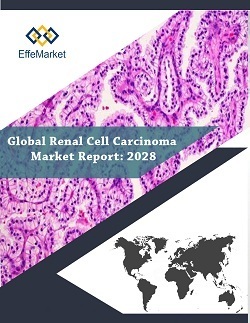

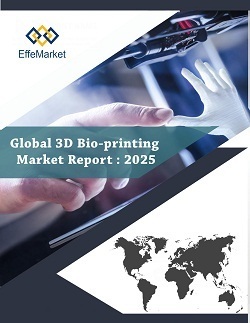

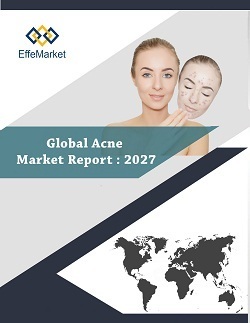
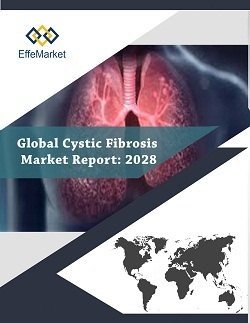

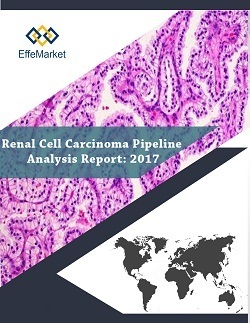
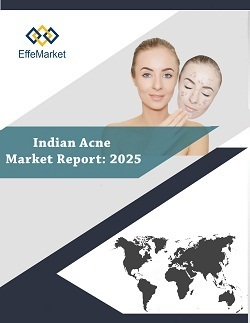


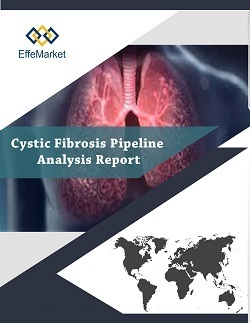
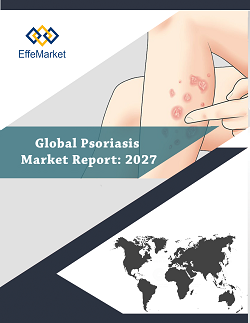
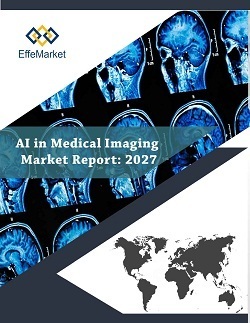

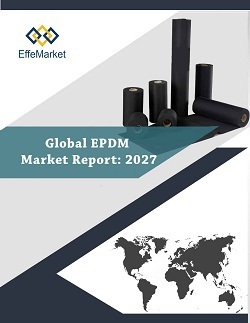
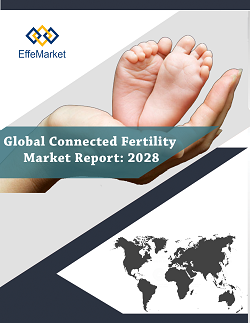
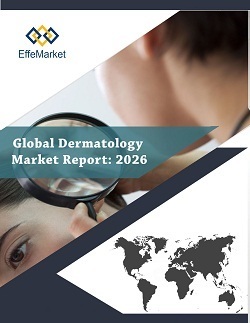
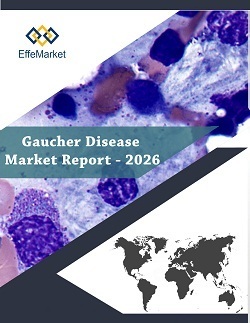
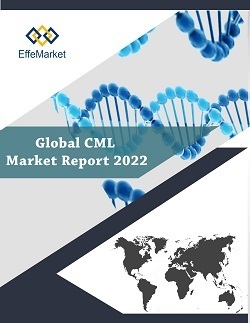
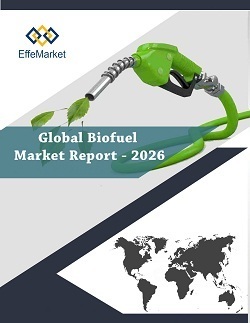
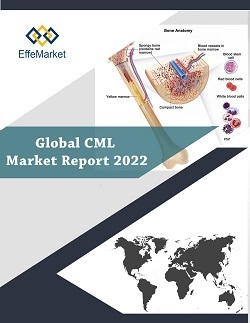
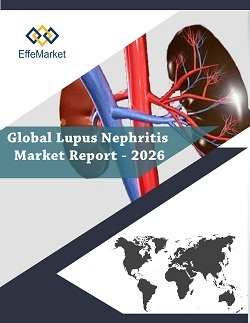
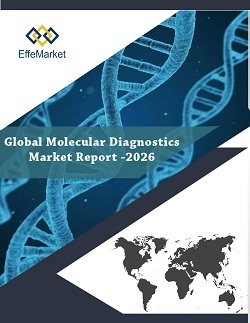
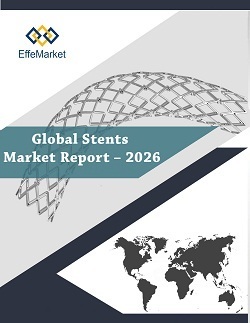
-Market-Report-2024.jpg)
